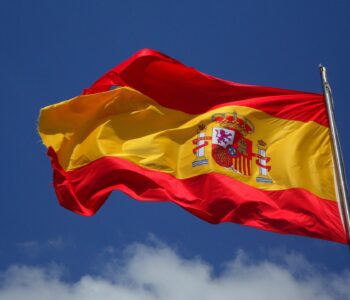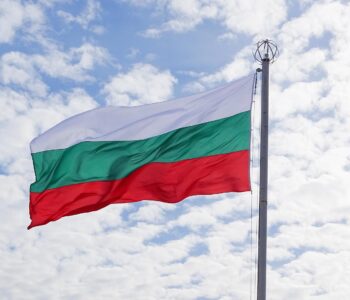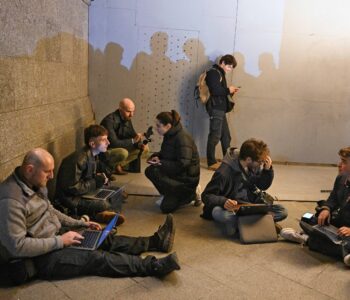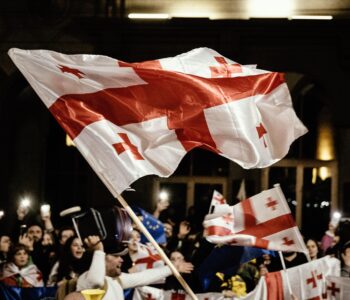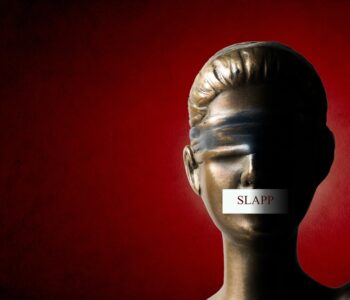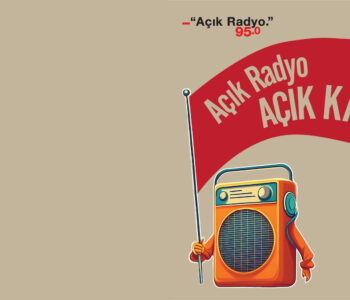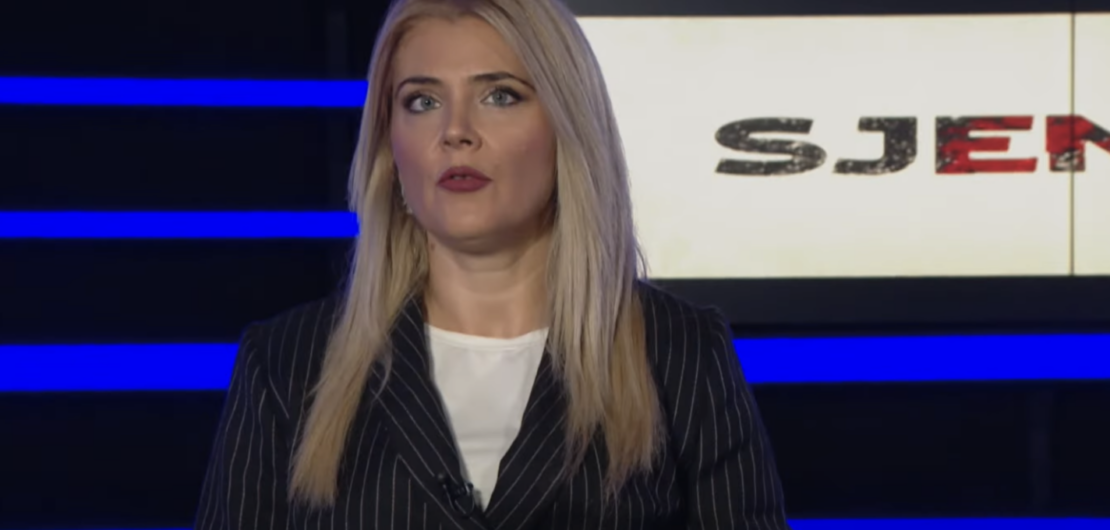 Library
Library
Montenegro: MFRR partners call for the perpetrators of the…
Montenegro: MFRR partners call for the perpetrators of the attack on journalist Ana Raičković to be held accountable amid concerns for the safety of women journalists
The Media Freedom Rapid Response (MFRR) partners strongly condemn the verbal and physical attack on Ana Raičković, editor of the daily “Pobjeda”, as well as the attack on her family members. The MFRR partners welcome the swift reaction of the Basic State Prosecutor’s Office (ODT), which identified and detained four suspects on charges of “violent behaviour”.The consortium calls on the authorities to ensure that the perpetrators are held accountable without delay, following the Criminal Code, which prescribes higher penalties for attacks on journalists.
On 11 November, journalist Raičković was in a fast food restaurant in Podgorica when the suspects – businessman Zoran Ćoć Bećirović, his son, and two of his security guards, Mladen Mijatović who also works at the Ministry of the Interior (MUP) and Lubjo Dukić – began to harass her because of her journalistic work and Pobjeda’s critical coverage of Bećirović’s suspicious businesses activities but also his hostility towards the press.
The derogatory remarks included calling her a “stinking journalist” working for a “drug cartel”, and also insults for being a regular guest on the Montenegrin broadcaster Television E (TVE). Raičković reported that the businessman Bećirović then spat at her before suggesting that he would record the number plate of her car and find her. Security guard Mijatović allegedly threatened the journalist with physical violence while calling the police. The verbal abuse continued after Raičković’s fiancé and son arrived, before escalating into physical violence outside the restaurant.
“Mijatović grabbed me by the throat and demanded, ‘Say the boy’s name [referring to the journalist’s son].’ I refused, and he kept insisting, threatening to find him anyway and, if I didn’t cooperate, to kill me,” Raičković recounted to the newspaper Pobjeda. Bećirović then pulled the journalist’s hair and slammed her head against the car door. Her son, who came to her defense, was pinned down and beaten; her fiancé was also assaulted,” added the daily Pobjeda who expressed full support for its editor Raičković. The attack left Raičković and her family members with injuries. The journalist’s car was also vandalized by the attackers.
According to the Trade Union of Media of Montenegro (TUMM), Bećirović has repeatedly threatened journalists in the past: “We remind that Bećirović has a history of aggression and obvious hostility towards journalists. He even used his own media outlet to conduct a smear campaign against his fellow citizen, journalist Dragana Šćepanović. Also, in 2019, at the “Delta City” shopping center in Podgorica, a member of his security team confronted and threatened journalist Vladimir Otašević. That case ended without an adequate conclusion, meaning no criminal or misdemeanor responsibility was established for the perpetrator. Bećirović has also filed private lawsuits multiple times for alleged defamation against media outlets and journalists reporting on his business dealings,” reacted the Trade Union of Media of Montenegro (TUMM).
On 13 November, the ETV portal reported Bećirović was brought to the Basic Court shortly before 9 pm for a hearing before the investigating judge. Bećirović as well as his security guards Dukić and Mijatović were ordered to remain in custody, for up to 30 days. The news portal also recounted that a witness stated Dukić was armed at the time of the attack, which the journalist did not notice. Concerning MUP officer Mijatović, the Minister of the Interior announced he would initiate disciplinary proceedings against him.
The violent aggression of Raičković, in a public environment, notwithstanding the presence of witnesses, raises alarming concerns for the safety of journalists. In fact, since January 2024, the MFRR has observed a particularly hostile environment for women journalists in Montenegro. Of the five attacks documented by the MFRR platform since January, all journalists targeted were women. The MFRR will keep monitoring Raičković’s situation and all threats to media workers in Montenegro, targeted for their work of public interest.
This statement was coordinated by the Media Freedom Rapid Response (MFRR), a Europe-wide mechanism which tracks, monitors and responds to violations of press and media freedom in EU Member States, Candidate Countries and Ukraine.

